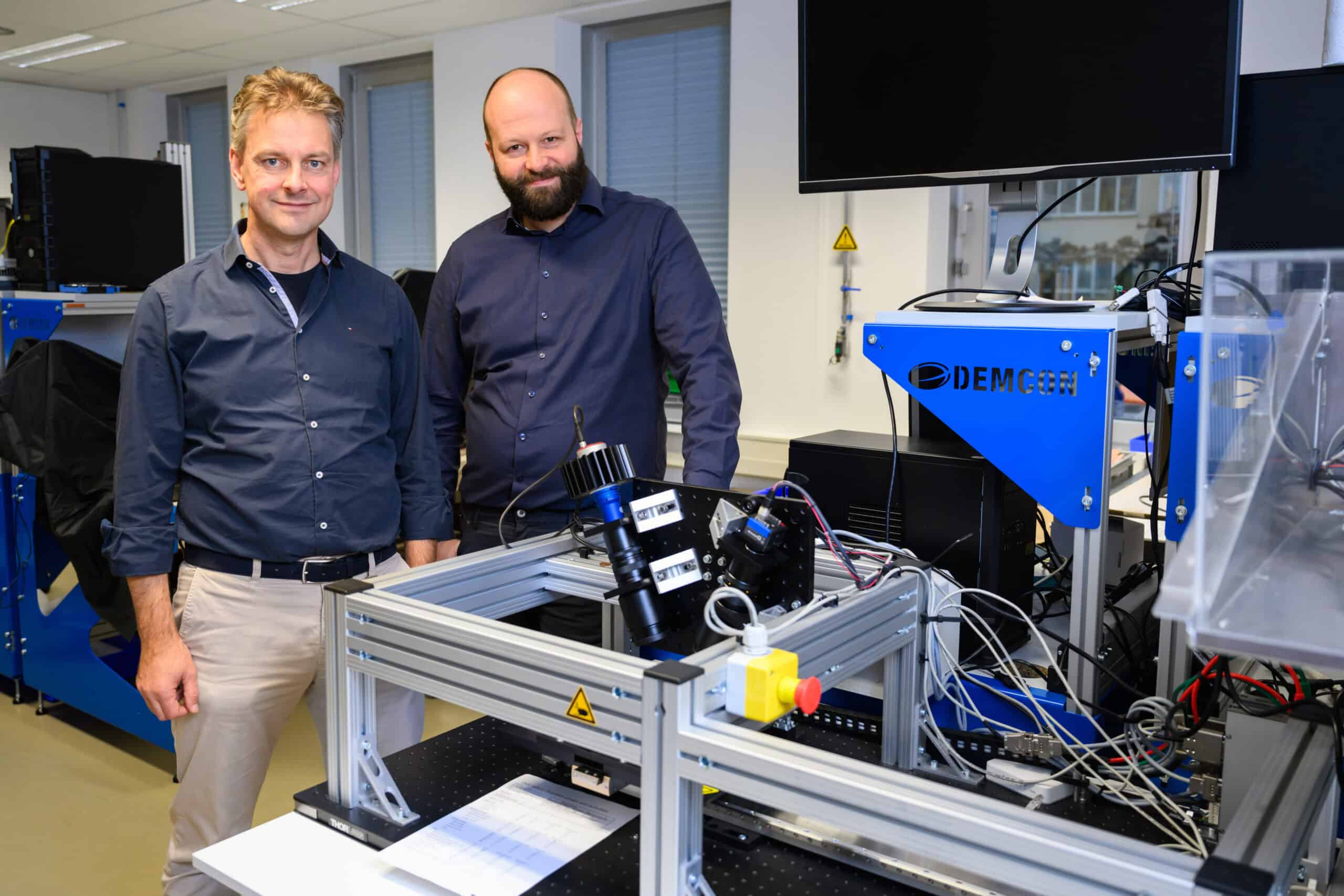
The combustion engine could survive if the development of e-fuels were consistently pushed forward. But too many parameters of various kinds are still blocking the market launch of synthetic fuels. This will be discussed at the International Engine Congress in February 2019. An overview of the current situation.
The major goal of the automotive industry is to reduce emissions. It is obvious that driving bans, which are now being introduced almost weekly, cannot be a long-term solution. Alternatives are, for example, electric cars – a comprehensive implementation, however, fails due to the high acquisition costs. Hydrogen cars are another possibility – but there is a lack of a comprehensive infrastructure for this. It would also be possible to feed conventional combustion engines with synthetic fuels. E-fuels could, therefore, be the answer to virtually emission-free vehicle operation. Above all, because they could also be used for transport, shipping and aviation.
CO2-Reduction up to 2030
The EU Commission calls for a 30 per cent reduction in CO2 emissions by 2030. The German government is following suit. Car manufacturers and suppliers must therefore not only act but also bring concrete alternatives to the market. The fact that electric cars can only be one part of the solution seems logical in view of the still too small distribution of e-charging stations. A wide range of measures must, therefore, be taken to achieve climate targets.
E-Fuels as a job engine
Experts assume that synthetic fuels could be a possible way to sustainably reduce CO2 emissions. In a position paper, the Federal Association of German Industry (Bundesverband der Deutschen Industrie e.V.) (BDI) states: “Without e-fuels, the Paris climate goals cannot be achieved.” The advantages are obvious: the existing infrastructure and drive technology could be used. In addition, the Institute of the German Economy (IW) calculates in a study that up to 470,000 new jobs could be created in Germany through E-Fuels.

Price will drop
However, the increased energy demand in production and the corresponding price are still lowering expectations. According to BDI, however, production costs of around one euro per litre per diesel equivalent will be possible in the future. Germany is a leader in the development and manufacture of electrolysers and conversion technologies. For example, methanation, methanol synthesis or Fischer-Tropsch reactors are used for the production of e-fuels. These need to be further developed to improve their efficiency and reduce costs. According to estimates by the BDI, 200 million euros have been invested in e-fuels technology in Germany to date. The money will be used for research purposes, the construction of pilot plants and the financing of start-ups.
Promising research
Universities such as TU Munich – Innovation Origins reported on this – are intensively researching synthetic fuels. The XME-Diesel project, which is funded by the Federal Ministry of Education and Research, aims to find out how synthetic fuel behaves in engines. The research centre in Jülich is also intensively involved in research into artificial propulsion systems. As part of the Prometheus project, researchers are developing a membrane reactor with extra-thin cells. It will be used to produce E-fuels in just one step. So far, several work processes have been necessary.
Industry joins forces
Renowned companies from the automotive industry have also already discovered artificial fuels. Under the “reFuel” project, representatives from the supplier industry as well as the energy and mineral oil industries joined forces this summer to promote development, application and dissemination. Participants are:
AUDI AG, Caterpillar Energy Solutions GmbH (MWM), Daimler AG, Eberspächer GmbH & Co. KG, Freudenberg Sealing Technologies GmbH & Co. KG, KS Kolbenschmidt GmbH, Mahle GmbH, Mann+Hummel GmbH, Dr Ing. h.c. F. Porsche AG, Robert Bosch GmbH, Rolls-Royce Powersystems AG (MTU), EnBW Energie Baden-Württemberg AG and MiRO GmbH & Co KG with the support of the German Petroleum Industry Association (MWV).
How can the market launch work?
According to the BDI (Federation of German Industries), various changes in legislation are required for synthetic fuels to be successfully launched on the market. To this end, e-fuels would have to be included in the CO2 fleet regulation for passenger cars, commercial vehicles and trucks. In the long term, this could reduce production costs per litre of diesel equivalent.
Taxation Central Discussion Point
Another important role is played by the taxation of the fuels used. If the energy tax on fuels is deducted from the CO2 emissions caused by the fuel, the amount of CO2 produced per tonne of CO is about 230 euros. Diesel comes to 145 euros per tonne – with comparatively higher vehicle taxes. With today’s electricity mix, the tax on electricity is 39 euros per tonne of CO2. According to the BDI, tax relief should be granted as a market incentive, especially for the market launch. “Only with a targeted market ramp-up in combination with attractive target markets and a market promotion program can the production costs of e-fuels be reduced to the level of fossil fuels and a renewable fuel industry be built up,” summarizes the BDI in a position paper.
So there is still much to be discussed and clarified before synthetic fuels reach market maturity. Planned discussions such as those at the International Engine Congress in February 2019 are therefore urgently needed.
Lead photo: Aleksejs Bergmanis from Pexels







